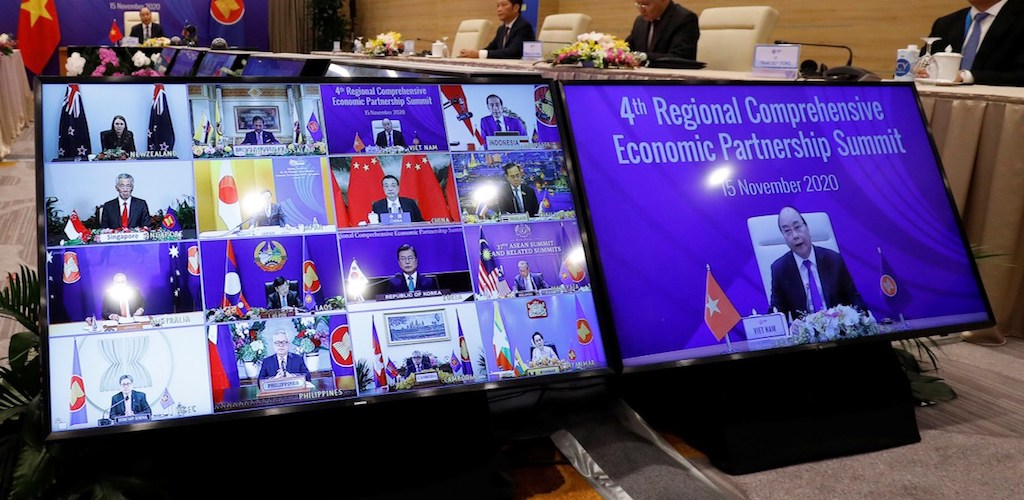Nov 18 | 2020
(Global) 15 Countries Form World's Largest Trading Bloc

The launch of the Regional Comprehensive Economic Partnership in Southeast Asia this week promises to drive increased breakbulk trade across the region, as 15 member countries formed the world's largest trading bloc.
The RCEP is one of the largest free trade agreements in history and combines members of the Association of Southeast Asian Nations, or ASEAN, and five regional partners.
“In light of the adverse impact of the pandemic on our economies, and our people’s livelihood and well-being, the signing of the RCEP agreement demonstrates our strong commitment to supporting economic recovery, inclusive development, job creation and strengthening regional supply chains as well as our support for an open, inclusive, rules-based trade and investment arrangement,” the joint leadesr said in a statement
India Concerns
The multilateral free trade agreement was marred by the abstinence of India, which dropped out of negotiations due to concerns over China’s dominance in the agreement.
“You don’t get into FTAs merely to provide your market to your partner countries. While you accommodate your partner countries, your objective is also to increase the presence of your products in the markets of your partners, and India hasn’t been able to achieve the latter objective,” said Biswajit Dhar, professor at JNU’s Centre for Economic Studies and Planning.
The record trade agreement covers ASEAN members: Brunei Darussalam, Cambodia, Indonesia, Lao PDR, Malaysia, Myanmar, the Philippines, Singapore, Thailand and Viet Nam, as well as Australia, China, Japan, Korea and New Zealand.
One-third of Global Economy
Negotiations began in 2012 and have seen major shifts in dynamics between the member countries over the last eight years. The combined members now cover nearly one-third of the global economy.
"Its membership includes a larger group of nations, notably reflecting the membership of China, which considerably boosts the total gross domestic product of RCEP members," said Rajiv Biswas, Asia-Pacific chief economist for IHS Markit.
Subscribe to BreakbulkONE and receive more industry stories and updates around impact of COVID-19.


